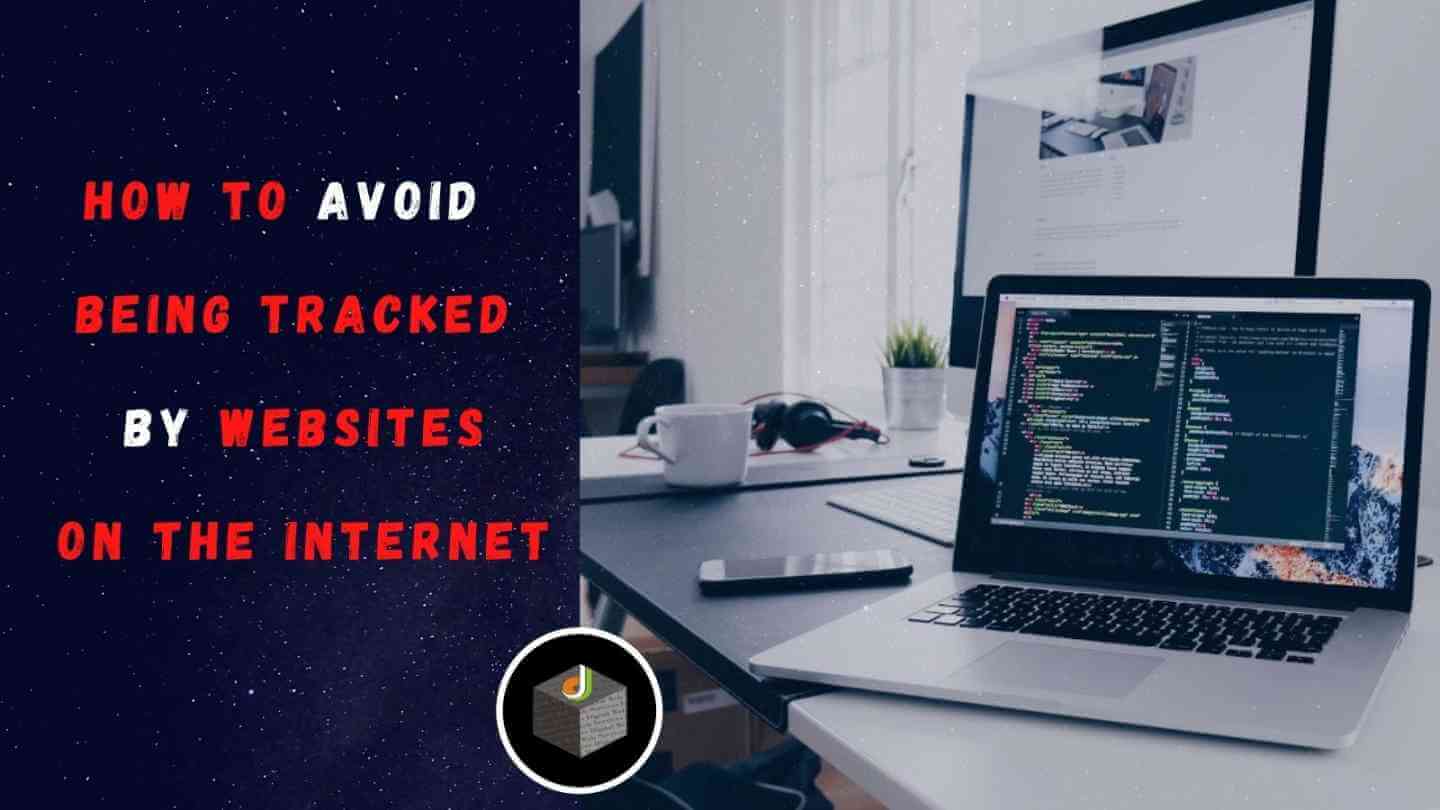
Do you ever feel like someone is watching you? That feeling may not be paranoia; it could be reality. Websites are increasingly tracking visitors, collecting data on their behavior to better target ads and content.
One way to avoid being tracked is to use private browsing mode. This mode is available in most browsers and prevents websites from storing cookies or tracking your activity.
However, many websites are nowadays using intelligent plugins that extract information from the IP address.
This article will teach us how to avoid being tracked by websites.
How to Avoid Being Tracked By Websites on The Internet
Most people are not aware that they are being tracked online. Cookies and web beacons are just a few of the ways that companies track consumers. These tracking methods allow companies to collect data on consumer behavior, which is then used for targeted advertising.
To avoid being tracked by websites, the best solution is to use a VPN. A VPN encrypts your internet traffic and routes it through a server in another location. This makes it impossible for websites to track your IP address or collect data on your browsing habits.
In addition to using a VPN, you can also browse in private mode. Private mode is available in most browsers and prevents websites from storing cookies or tracking your activity.
Many websites, however, are now utilizing intelligent plugins that retrieve data from the IP address. This is why a VPN is essential for online privacy.
How Does VPN Help You Avoid Tracking?
When you connect to the internet, your computer is assigned an IP address. This IP address can be used to track your location and online activity.
A VPN encrypts your internet traffic and routes it through a server in another location. This makes it impossible for websites to track your IP address or collect data on your browsing habits.
Nowadays, most VPNs are loaded with smart features such as Ad-blocker, Anti-malware, and Internet Kill Switch, which further makes your online activity more secure, private, and anonymous.
What is Private Browsing Mode?
Private browsing mode is a feature that is available in most browsers. Private browsing prevents websites from storing cookies or tracking your activity.
Private browsing mode will not prevent websites from collecting data from your IP address. This is why a VPN is essential for online privacy.
Difference Between VPN and Private Browsing Mode
A VPN encrypts your internet traffic and routes it through a server in another location. This makes it impossible for websites to track your IP address or collect data on your browsing habits.
Private browsing mode is a feature that is available in most browsers. Private browsing prevents websites from storing cookies or tracking your activity.
The main difference between a VPN and private browsing mode is that a VPN basically masks your IP address. This way, your site appears as if it is connected to another location.
However, when using private browsing mode, your trackers and cookies are turned off, which means the browser is not storing your history and browsing data. However, you are still visible to sites through your IP address.
Conclusion
Websites are increasingly tracking visitors, collecting data on their behavior to better target ads and content. To avoid being tracked by websites, the best solution is to use a VPN.
A VPN encrypts your internet traffic and routes it through a server in another location. This makes it impossible for websites to track your IP address or collect data on your browsing habits.
In addition to using a VPN, you can also browse in private mode. Private mode is available in most browsers and prevents websites from storing cookies or tracking your activity.
We hope this article helped you understand how you can avoid being tracked by websites.
Digital Web Services (DWS) is a leading IT company specializing in Software Development, Web Application Development, Website Designing, and Digital Marketing. Here are providing all kinds of services and solutions for the digital transformation of any business and website.










